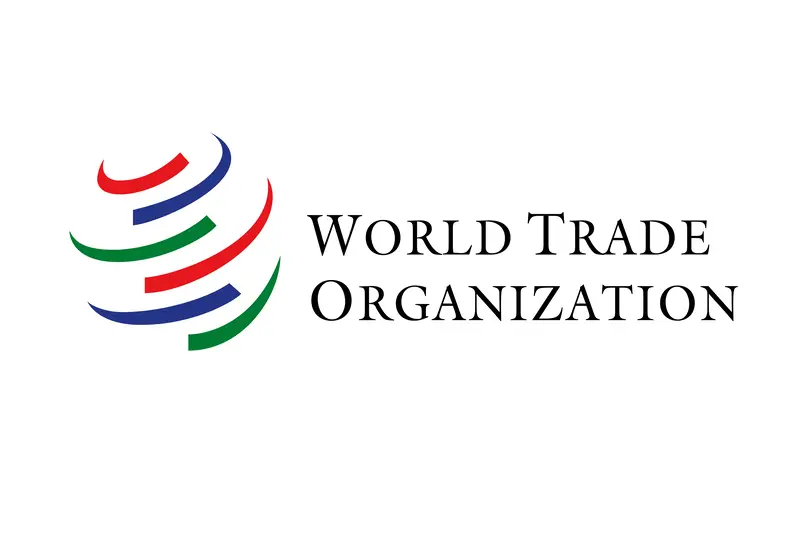
The World Trade Organization (WTO) has initiated a $1.2 million project aimed at enhancing the export standards of Nigeria’s sesame and cowpea products.
Dr. Ngozi Okonjo-Iweala, the Director-General of the WTO, announced this initiative during the inauguration of seven trade support programs for Nigeria in Abuja on Tuesday. These programs, organized jointly by the WTO, World Bank, and International Trade Centre, signify a concerted effort to bolster Nigeria’s trade capacity.
The project specifically targets the improvement of international safety and quality certification for Nigerian sesame and cowpeas. Dr. Okonjo-Iweala stressed the importance of addressing the challenge of Nigerian products facing rejection in international markets. Collaboration with the Standards Trade Development Facility (STDF), International Trade Centre (ITC), and the Nigeria Export Promotion Council (NEPC) will be integral to the project’s success.
Highlighting the potential of Nigeria’s agricultural sector to drive export diversification and job creation, Dr. Okonjo-Iweala expressed concern over the country’s shift towards being a net importer of agricultural goods. She emphasized the historical prominence of Nigeria as an agricultural exporter and underscored the need to reverse this trend.
The project aims to enhance stakeholders’ capacities across the sesame and cowpea value chains. This includes improving agricultural practices, ensuring compliance with international standards, and providing training for local food safety advisors. Dr. Okonjo-Iweala outlined the project’s initial funding of $1.2 million, with significant support from the STDF.
Furthermore, she emphasized the strategic impact of relatively small investments, highlighting the potential for substantial returns in increased agricultural exports. The project’s success is expected to translate into improved incomes for farmers, exporters, businesses, and other stakeholders in the agricultural sector.
In addition to its economic significance, mung beans, scientifically known as Vigna radiata, are celebrated for their nutritional benefits and versatility in culinary applications. These small, green beans, also known as “ndengu” in some regions, are rich in plant-based protein, essential amino acids, antioxidants, and nutrients that support heart health and overall well-being.
Beyond their culinary uses, mung beans play a crucial role in agriculture as soil-enriching cover crops and green manure. Particularly the yellow gram variety, with its valuable yellow seeds, contributes to nurturing healthy and sustainable soil, further underscoring the significance of mung beans in both nutritional and agricultural contexts.




